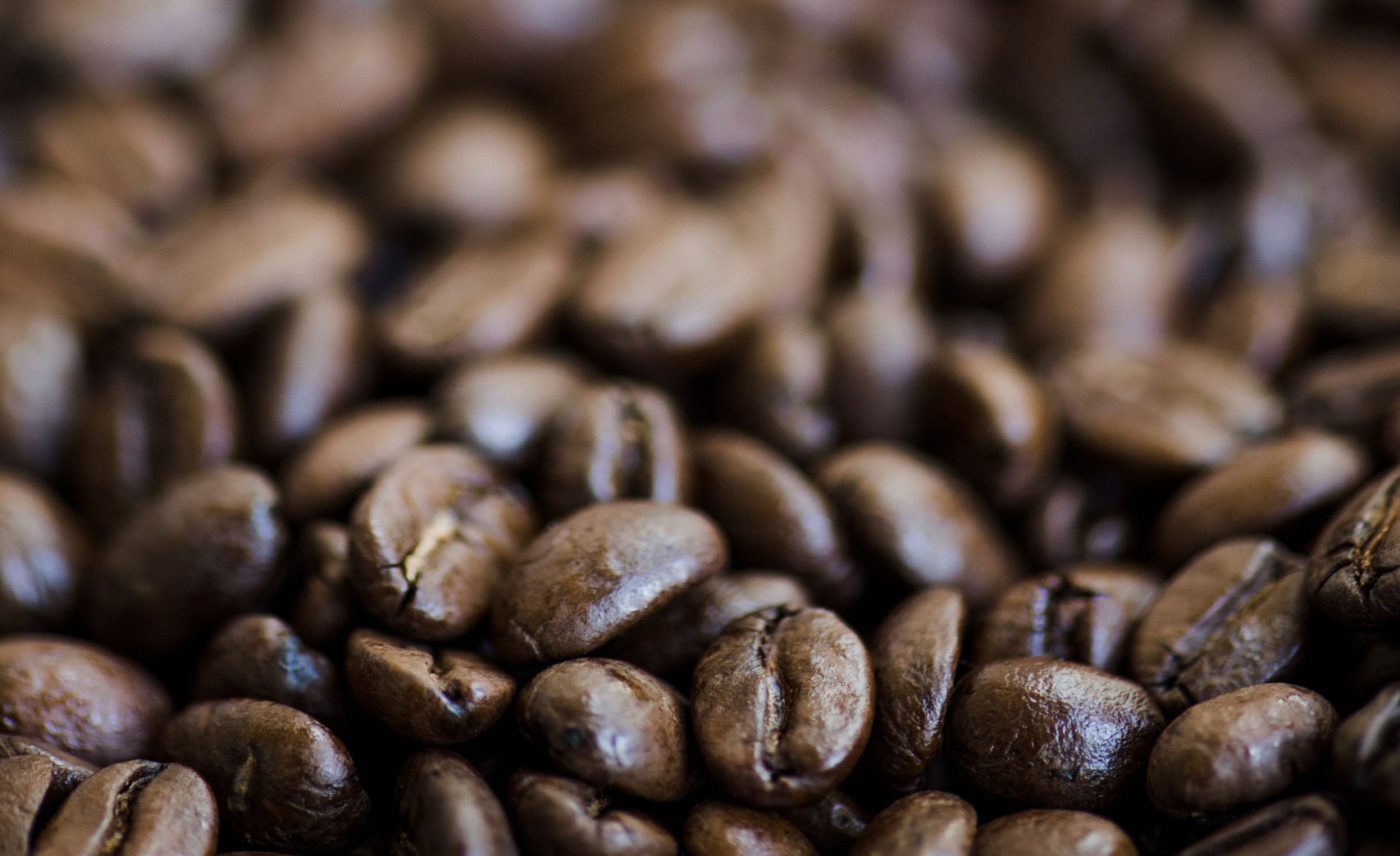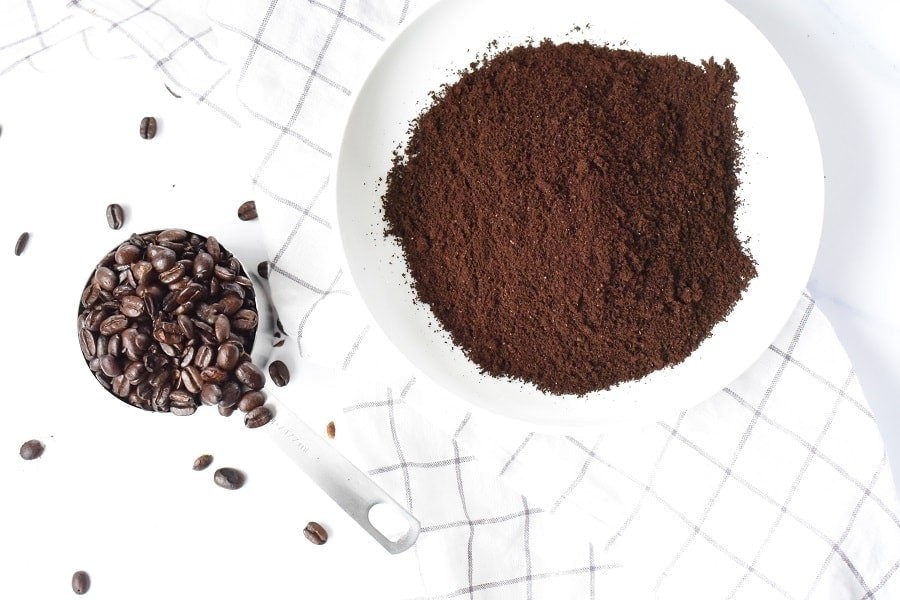Papua New Guinea (PNG) is famous for producing coffee with a unique and amazing taste that sets it apart from other coffee-growing regions. In this article, we will explore the reasons why Papua New Guinea coffee tastes different and why it has gained a reputation for its exceptional flavor.
Rich Soil and Ideal Growing Conditions
Papua New Guinea’s fertile volcanic soil provides an excellent foundation for coffee cultivation. The high altitude, combined with a tropical climate, abundant rainfall, and optimal temperatures, creates ideal growing conditions for coffee plants. These factors contribute to the development of the distinctive flavor profile and unique Papua New Guinea coffee taste.
Unique Varietals and Cultivars
Papua New Guinea is home to a diverse range of coffee varieties and cultivars. The most prevalent coffee varietal is Arabica, with Bourbon, Typica, and Mundo Novo being commonly grown cultivars. These varietals and cultivars contribute to the distinctive flavors found in PNG coffee, showcasing a spectrum of taste notes that can include fruity, floral, and nutty characteristics.
Traditional Processing Methods
Papua New Guinea coffee is often processed using traditional methods, including both fully-washed and semi-washed processes. Famers carefully hand-pick cherries sort them, and pulp to remove the outer skin. The beans are then fermented and washed to remove any remaining pulp before being dried. This traditional processing method contributes to the clean and distinct flavors found in PNG coffee.
Organic and Shade-Grown Practices
Many coffee farms in Papua New Guinea follow organic farming practices, avoiding the use of synthetic fertilizers and pesticides. Additionally, a significant portion of PNG coffee is shade-grown, where coffee plants are cultivated under the shade of taller trees. This practice allows for slower ripening of the coffee cherries, resulting in enhanced sweetness and complexity in the final cup.
Unique Microclimates
Papua New Guinea’s diverse geography and microclimates contribute to the uniqueness of its coffee flavor. The country’s mountainous terrain and the presence of distinct microclimates create variations in temperature, rainfall, and sunlight exposure. These variations influence the growth and development of coffee beans, resulting in a wide range of flavors and profiles across different regions.
Hand-Crafted and Small-Scale Production
Usually, small-scale farmers with a deep understanding of the local terroir and coffee cultivation carry out the coffee production process. The attention to detail and craftsmanship involved in the cultivation, harvesting, and processing of coffee cherries contribute to the high quality and exceptional taste found in PNG coffee.
Natural Water Sources
Water quality plays a crucial role in coffee production, and Papua New Guinea is rich in natural water sources, including pristine rivers and streams. These water sources provide ample hydration for coffee plants, resulting in healthy growth and development. The quality of the water used during processing also influences the final cup’s flavor and cleanliness.
Cultural Heritage and Traditional Knowledge
Coffee has a long history in Papua New Guinea. These coffee beans have a strong connection with the country’s cultural heritage. Coffee cultivation and processing techniques are passed down through generations, preserving traditional knowledge and expertise.
The combination of traditional practices and cultural pride contributes to the unique flavors and quality found in this coffee. If you want to enjoy the authentic taste of Papua New Guinea coffee then you should consider choosing the best coffee roasters such as haute coffee roasters.
Sustainable and Ethical Farming Practices
Many coffee farmers in Papua New Guinea prioritize sustainable and ethical farming practices. They strive to protect the environment, promote biodiversity, and support local communities. These practices contribute to the overall quality and integrity of the coffee, as well as the well-being of the farmers and their communities.
Traceability and Specialty Coffee Focus
Papua New Guinea is getting popular in the specialty coffee industry for its unique and exceptional coffees. There is a growing emphasis on traceability, with efforts to establish direct trade relationships and showcase single-origin PNG coffees. This focus on specialty coffee highlights the distinct taste and quality that Papua New Guinea has to offer.
Unique Roasting Techniques
Another factor that contributes to the distinct and amazing taste of Papua New Guinea coffee is its unique roasting techniques. These techniques are employed by coffee roasters. Roasters in Papua New Guinea take great care in determining the optimal roast profiles for each coffee batch, bringing out the best flavors and aromas. This attention to detail and craftsmanship during the roasting process enhances the overall taste experience for coffee enthusiasts.
Wrap Up
In conclusion, Papua New Guinea’s coffee stands out for its distinct and amazing taste due to factors such as rich soil, unique varietals, traditional processing methods, organic and shade-grown practices, diverse microclimates, hand-crafted production, natural water sources, cultural heritage, sustainable farming practices, and the focus on specialty coffee. The combination of these elements creates a flavor profile that is truly exceptional and sets Papua New Guinea coffee apart in the world of coffee connoisseurs.




